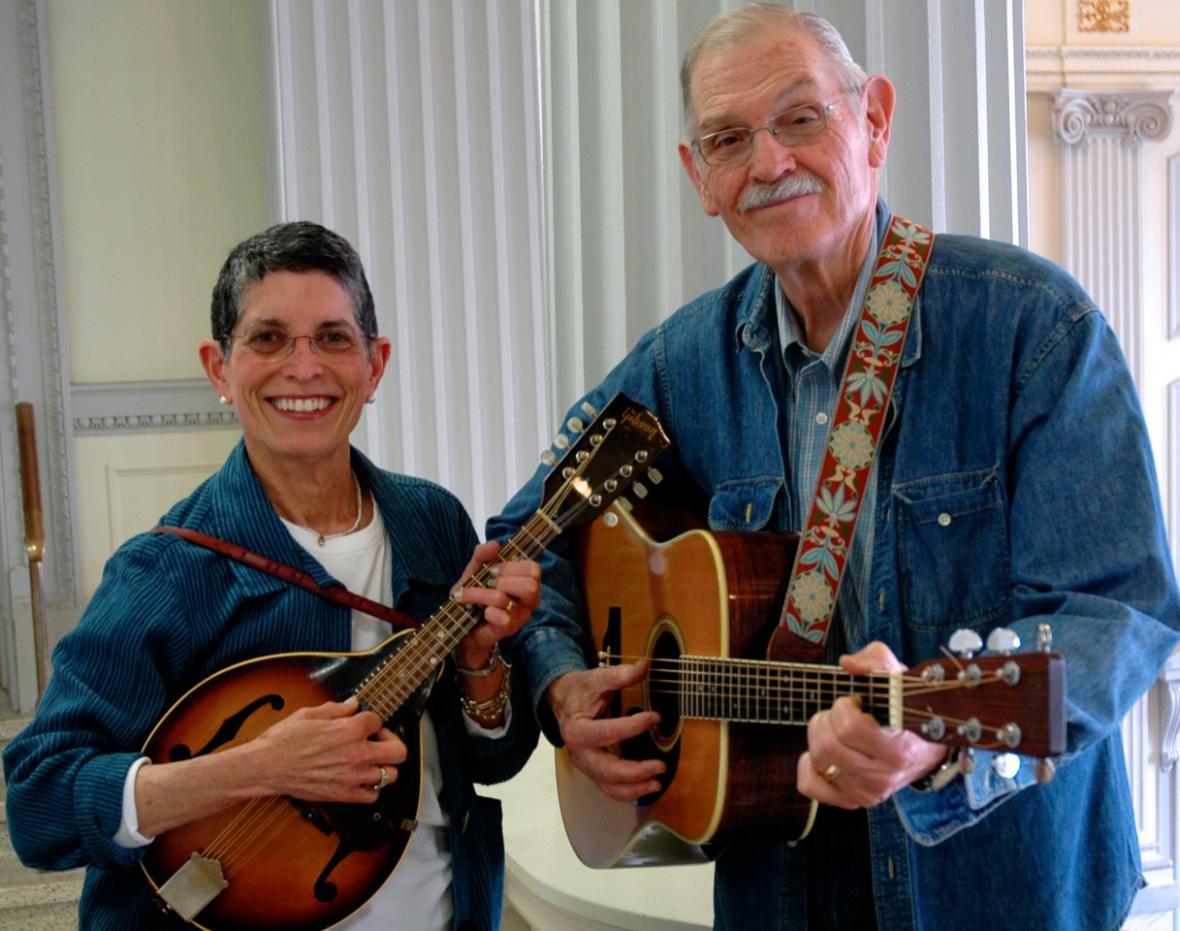Country music historian Bill Malone has been a fan all of his life. The first music he heard was old country songs sung by his mother, like “I’ll Be All Smiles Tonight” and “Little Rosewood Casket.”
Malone, who hosts a weekly country music show on WORT-FM in Madison, is the primary historian in Ken Burns new documentary “Country Music,” airing on PBS on Sunday.
“I really can’t separate the music from my life,” he said. “That’s a great thing about the Ken Burns documentary. It sort of validates the music and it validates the culture I grew up in and it validates the work that I’ve been involved in for over 50 years.”
Stay informed on the latest news
Sign up for WPR’s email newsletter.
A country musician in his own right, Malone spent 25 years teaching at Tulane University in New Orleans and in 1968 published the book, “Country, U.S.A,” a major source for the upcoming documentary.
Malone says the documentary is coming at a crucial time.
“It’s no secret to anybody that as a nation we’re in crisis with such a polarized society and so many anxieties,” he said.
“It’s important for people to remember that there’s something good in our society,” Malone continued. “There’s a music that has drawn up on many cultural resources of the United States and a music that you know documents the life and experiences of a major segment of the American public.”
In a sense, country music documents American history, Malone said, but above all, it’s about people’s emotions.
It’s also music people can relate to, he said. The melodies are easily humable and the words are descriptive.
“It really brings out the feelings that people have, it speaks to their desires or anguish, their fears, their frustrations, unfortunately sometimes it speaks to their prejudices,” he said.
The women and African Americans, for one, who played an instrumental role in the making of country music are often overlooked in it’s history — and even present, Malone said.
“The women were not always that prominent in the early years of country music, but they were there,” he said. “And … one performer after another can testify to the role that African Americans have played in their lives and music.”
Jimmie Rodgers (who is widely considered the father of country music) for example, borrowed heavily from black railroad workers who worked for his father and street musicians, Malone said.
The documentary, full of rare photographs, home movies and footage from festivals, covers the early days of the music as it emerged from its folk roots, to when it was first commercialized and took off, he said.
“The music is constant, for obvious reasons,” Malone said. “The music is not only there, but (the documentary) it’s very lyric oriented and it tells the history of the music and also a good slice of the history of the country.”
Wisconsin Public Radio, © Copyright 2024, Board of Regents of the University of Wisconsin System and Wisconsin Educational Communications Board.





